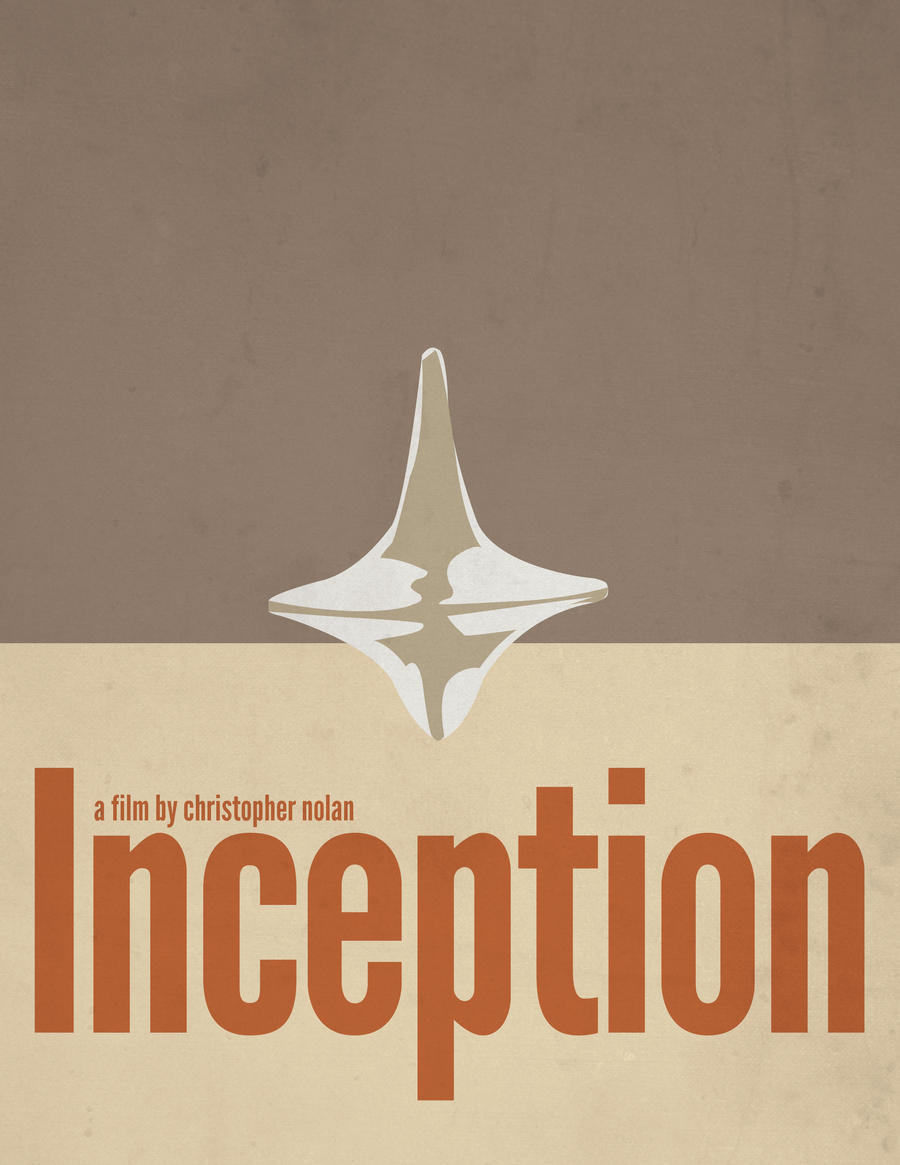 Advertising creates clutter. Sides of highways are clustered with billboards waving at the thousands of drivers passing by each day. They are obstructive, bulky signs that stretch their wingspan over the surrounding trees to vie for attention. Advertisements coat the sides of websites, luring our eyes with distracting graphics and colors and mystery-inducing lines like “Language professors HATE him†and “1000th visitor! Click here to claim your free iPad†and “Meet sexy singles (like Ms. I-Swear-These-Aren’t-Implants-And-Every-User-Of-This-App-Looks-As-Sexy-As-I-Do).†They coat our cereal boxes, newspapers (for those old-timers out there), Facebook pages, daily commutes, etc. Each of these advertisements is in competition with each other, constantly swallowing massive amounts of revenue to become slightly better than their competitors. They pile up like layers of paint over a color-slut’s rented apartment. It is a desperate and futile, Sisyphean battle for our attention. As time moves on and we drown in their commercial rank, we become less willing to provide that attention.
Advertising creates clutter. Sides of highways are clustered with billboards waving at the thousands of drivers passing by each day. They are obstructive, bulky signs that stretch their wingspan over the surrounding trees to vie for attention. Advertisements coat the sides of websites, luring our eyes with distracting graphics and colors and mystery-inducing lines like “Language professors HATE him†and “1000th visitor! Click here to claim your free iPad†and “Meet sexy singles (like Ms. I-Swear-These-Aren’t-Implants-And-Every-User-Of-This-App-Looks-As-Sexy-As-I-Do).†They coat our cereal boxes, newspapers (for those old-timers out there), Facebook pages, daily commutes, etc. Each of these advertisements is in competition with each other, constantly swallowing massive amounts of revenue to become slightly better than their competitors. They pile up like layers of paint over a color-slut’s rented apartment. It is a desperate and futile, Sisyphean battle for our attention. As time moves on and we drown in their commercial rank, we become less willing to provide that attention.
 Like seriously, TMI. We don’t want any more pointless grains of information. We don’t want to be manipulated into spending our money a certain way. We don’t want to be afflicted with IOS. We want to be aesthetically pleased. In a society so cluttered with information and advertisements, we want something simple. Something basic. Something unobtrusive. Eye candy. In a small dose. We want minimalism.
Like seriously, TMI. We don’t want any more pointless grains of information. We don’t want to be manipulated into spending our money a certain way. We don’t want to be afflicted with IOS. We want to be aesthetically pleased. In a society so cluttered with information and advertisements, we want something simple. Something basic. Something unobtrusive. Eye candy. In a small dose. We want minimalism.
 A new movement that seems to have been gaining footing in pop culture over the last few years is the design of minimalist posters. Movies and books and famous characters have been stripped down to iconic details and artistically portrayed in the simplest forms. Superheroes may be reduced to the shape of their mask. Great scientists may be trimmed down to a few crossed lines. Epic films may only contain a single object. This form of stripping down is art in its purest form. Like the naked body, untouched by makeup or product, not hidden behind a layer of cloth, shows the true beauty. It is fruit, freshly plucked from the tree. Unadorned, it is the most delectable.
A new movement that seems to have been gaining footing in pop culture over the last few years is the design of minimalist posters. Movies and books and famous characters have been stripped down to iconic details and artistically portrayed in the simplest forms. Superheroes may be reduced to the shape of their mask. Great scientists may be trimmed down to a few crossed lines. Epic films may only contain a single object. This form of stripping down is art in its purest form. Like the naked body, untouched by makeup or product, not hidden behind a layer of cloth, shows the true beauty. It is fruit, freshly plucked from the tree. Unadorned, it is the most delectable.
 Plus, these posters embody something that advertisements never can. A wholesomeness. A genuine appreciation for what the topic stands for. They are not trying to sway viewers into buying some product or conforming to some new trend, but simply provide something we can appreciate. It is simplifying an artifact of pop culture that would otherwise be overly bedazzled in manipulative tricks. The art of making the complicated simple is the threshold of beauty. Our attraction is sparked in the simplest of ways. We don’t like clutter, so show us the fruit.
Plus, these posters embody something that advertisements never can. A wholesomeness. A genuine appreciation for what the topic stands for. They are not trying to sway viewers into buying some product or conforming to some new trend, but simply provide something we can appreciate. It is simplifying an artifact of pop culture that would otherwise be overly bedazzled in manipulative tricks. The art of making the complicated simple is the threshold of beauty. Our attraction is sparked in the simplest of ways. We don’t like clutter, so show us the fruit.

